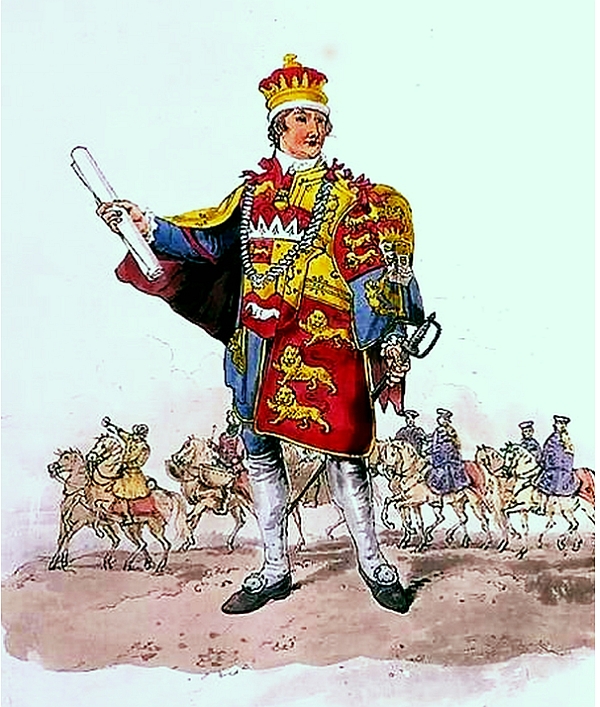Sweden on the organizational and structural level is in core a
hierarchical, authoritarian and patriarchal society. The
thinking patterns are formed during hundreds years of repression
of free and independent thinking, (see there are no
Macchiavellis, Savanrolas, Diderots, Voltairs, Hugos. The
Lutheran ideology was a tight cage; no other opinions allowed
see
www.econaut.se/index.html#two For questioning ideas
conflicting with the Lutheran ideology there was a punishment of
expulsion form the country.
independent thinking, (see there are no
Macchiavellis, Savanrolas, Diderots, Voltairs, Hugos. The
Lutheran ideology was a tight cage; no other opinions allowed
see
www.econaut.se/index.html#two For questioning ideas
conflicting with the Lutheran ideology there was a punishment of
expulsion form the country.
Although the first impression is that the human interrelations
are soft, egalitarian and flexible. This is similar to an
impressions you get if you enter a plantage in South America,
all workers are friendly, helpful, funny, entertaining, or let
us take Downton Abbey, all butlers, maids footmen are friendly,
flexible, accommodating. In both cases this “softness” of
oppressed and frightened of their masters. There is no equality
and reciprocity between the owners, masters and the staff.
This is exactly the relation between the State and its citizens
in Sweden. In the same way like in Downton Abbey the servants
within their group reinforce a submissive attitude towards the
“upstairs” and punish anybody who want so aspire to something
“higher”. Any deviation within the “downstairs” habitual
behaviour is coerced by the colleagues. This is so clearly
visible how citizens of Sweden (august 2020, still no
recommendation to use a face mask) are treating individuals who
“dare” to wear face mask in public out of their own initiative,
despite that, obviously not limiting freedom of others.
In Sweden, historically a long oppression formed a meek,
accommodating character. Like masters in Downton Abbey, god
masters, benevolent state takes care of you and if it done in a
fair way you may find your situation acceptable (downstairs
accommodation) and you reduce your expectation “jentelagen”
(
https://en.wikipedia.org/wiki/Law_of_Jante ) is a Swedish
expression for this approach
The ten rules of Law of Jente state:
1. You're not to think you are anything special.
2. You're not to think you are as good as we are.
3. You're not to think you are smarter than we are.
4. You're not to imagine yourself better than we are.
5. You're not to think you know more than we do.
6. You're not to think you are more important than we are.
7. You're not to think you are good at anything.
8. You're not to laugh at us.
9. You're not to think anyone cares about you.
10. You're not to think you can teach us anything.
And the state, the Swedish State is a fair but hard master, is
it so?, yes by virtue law and strict regulation. [It was assumed
that the corona rules couldn’t be strictly enforced, - and the
ignorance of law could not be to tolerated - hence the choice of
means of coercion fell on the concept of “recommendations”] Let
see other solutions for controlling citizens, in some other
countries the aspiring citizens are kept down by unjust
regulation, manipulations, corruption, physical suppression,
cast systems (or similar stratification), financial rules. So
what the upper class, the ruling class, owner class is doing to
keep “populous” in a relatively stable inferior position.
You can see citizen no reaction to some injustices, in shops, in
the situation of poor service, not running trains etc. One is
asking why this stoic approach, why nobody bursts in curses as
it is seen in in Italy and many other countries. No, Swedish are
not blind but they do not react why, they are “afraid” to react.
Why are they afraid – it is a key question? My hypothesis is
that it is a lack of personal confidence, lack strong identity
separated from the state, creates an infantile attachment to a
paternalistic authoritarian state. Paraphrasing, the state has a
very narrow tolerance corridor. The national ethos accepts the
new frames and discourages the old, Abortion. The old
intolerance is replaced by the new intolerance.
It is easy to govern Swedish. The people will not put a lot of
demands on the state as long as the basic needs are satisfied.
The paradox is that the system to defer from putting demands is
very weak; if you do you will often get your things through. The
system relies on the assumption that in your psychological
environment of negative approach to boldness, arrogance and
social aggression will deter overwhelming majority of citizens
form reaction, asking, requesting.
The relation between the state and the citizens in relation to
the “education of citizens” is reciprocal, the state empathises
trust I authorities, in education, adjustment to collective,
participation in various social activity groups, sports etc. at
the same time exploits the non-confrontational attitudes in this
“collective“ way “indoctrinated” population.
The Swedish paradox for “aspiration to be good” and the
“merciless coercion” is visible in the relation of Swedish to
alcoholics and drug addicts. Hard working citizen drunk on
weekends is OK, it is understood that he or she has to cope with
social pressure - an escape for a while - but an alcoholic
drinking daily is despised, and despite that the alcoholism is
defined in Sweden as a sickness. No, an alcoholic will not get
any helping hand, no compassion, full condemnation.
The relation to drug addicts is even worth although the
addiction is also defined officially as a sickness. To take
drugs, especially when one feels good is an absolute negation of
the Swedish values and is despised. Strangely the fact of taking
drugs in isolation alone, is punishable, why?, taking drugs is
anyway self-destruction and should command compassion.
In such emotional framework the idea of the Basic Unconditional
Income is totally out of question. It is the same Swedish
paradox, “we will help you but you must feel bad, guilty and
thankful”
|
|
|
